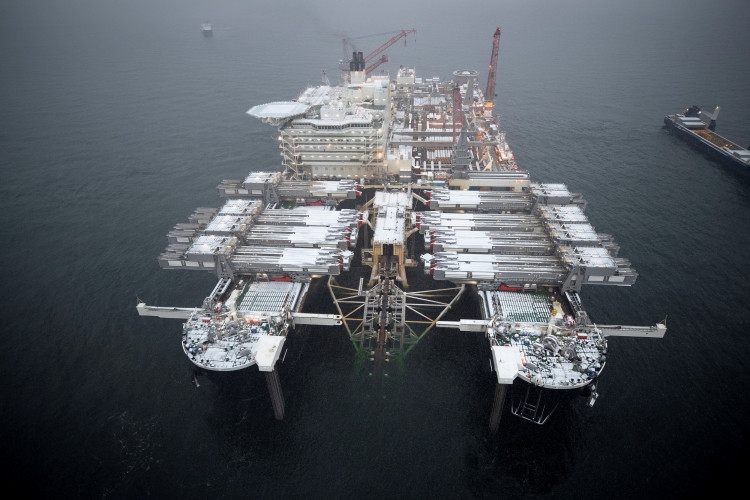Following Russia's occupation of self-proclaimed independent states in eastern Ukraine, Germany has moved to halt the certification of the Nord Stream 2 gas pipeline. German Chancellor Olaf Scholz said the government has to reassess the certification of the pipeline given Russia's recent actions.
Scholz said Germany would not accept Russia's recognition of the two separatist-controlled regions. He added that the recent developments required the country to reassess the situation, particularly its installation of the pipeline that would have brought natural gas from Russia into Europe.
Scholz said he has already ordered the Economy Ministry to halt the certification process and to ensure that the pipeline cannot operate without Germany's approval. In the past, Germany has been accused of failing to act in light of the Russian threat. However, Scholz made it clear that he was aware that the entire region was now under threat for what could be a new war in Eastern Europe.
Germany intends to halt the operation of the pipeline as a form of sanction against Russia. Scholz said it would be Germany's way to trying to avert a war, and he is calling on Russia to "contribute" to the efforts.
The $11 billion Nord Stream 2 gas pipeline was completed late last year. The network is expected to more than double the amount of gas coming into Germany from Russia.
The Nord Stream 2 gas pipeline has put Germany in a difficult position, with many officials in the United States and the west wanting the project scrapped or heavily sanctioned. Some European nations, notably Poland and Ukraine, are ardent opponents of the pipeline, fearing that Russia would acquire greater control over Europe's energy industry.
Ukraine stands to lose millions in gas transit payments from Russia's existing pipelines in its own territory if Nord Stream 2 does go into operation. The United States also wants to enhance its shipments of liquefied natural gas to Europe. Currently, the EU imports over 40% of its gas from Russia.
The Nord Stream 2 project has since become the center of geopolitical debate even if Germany claimed that it is merely a commercial project and nothing more. Russia's recent announcement of recognizing the two breakaway Ukrainian regions and its deploying tanks and troops throughout the area has only further complicated Germany's position. With Russia still having more than 100,000 troops along the Ukrainian border and fears of a full-scale invasion still looming, the future of the pipeline remains uncertain.






